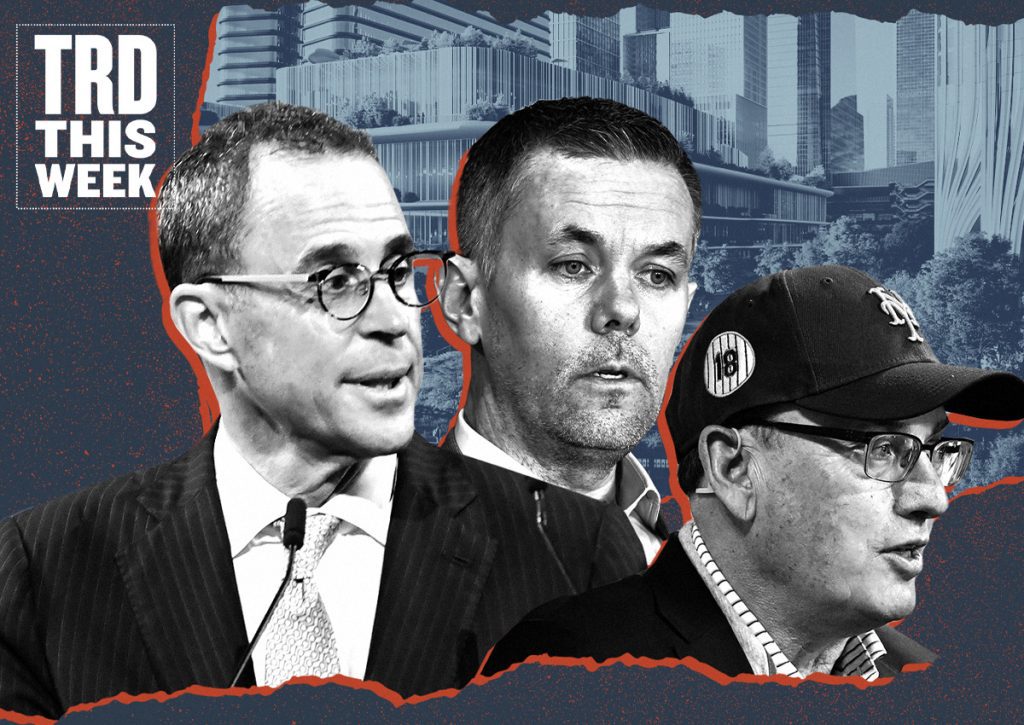The stakes in New York’s casino licensing competition are shifting — and not in the direction some developers anticipated.
This week, Related Companies and Wynn Resorts withdrew their $12 billion proposal to establish a casino at Hudson Yards, choosing instead to pursue a mixed-use development featuring 4,000 housing units, an office tower, and a hotel. This decision represents one of the most notable withdrawals in the contest for three highly sought-after downstate gaming licenses.
Wynn cited the city’s challenging rezoning process and strong community opposition, despite pledges of job creation and investment. Related, however, formed a “historic agreement” with City Council member Erik Bottcher, dropping the casino idea in return for zoning backing and local support. Their revised plan resembles the vision from 2009 — favoring green spaces over glitzy developments.
Related is not alone in retreating. Saks Fifth Avenue quietly abandoned its casino ambitions, initially planned for the upper floors of its flagship store in Midtown. Despite robust lobbying efforts, the retailer did not even secure a gaming partner and faced strong local resistance.
Las Vegas Sands has also discontinued its $6 billion Long Island endeavor at Nassau Coliseum, citing economic uncertainty, online gambling competition, and sluggish political progression as key factors. Ironically, the company’s CEO co-owns the Dallas Mavericks, where a planned resort project was stripped of casino features following public backlash.
In Coney Island, Joe Sitt’s $3 billion proposal faced setbacks after the local community board opposed essential land use changes. Although the vote is non-binding, community resistance can be detrimental to any project.
Nonetheless, some developers remain optimistic. Steve Cohen enhanced his Citi Field bid by proposing 450 affordable units nearby in Corona. SL Green, Silverstein, and Soloviev are still pursuing Manhattan-based bids, yet face delays in environmental reviews that could risk missing the September deadline unless action is taken by the state.
While excitement over the casino licenses hinted at glamour and economic benefits post-pandemic, navigating the political landscape and local sentiments continue to prove challenging.



